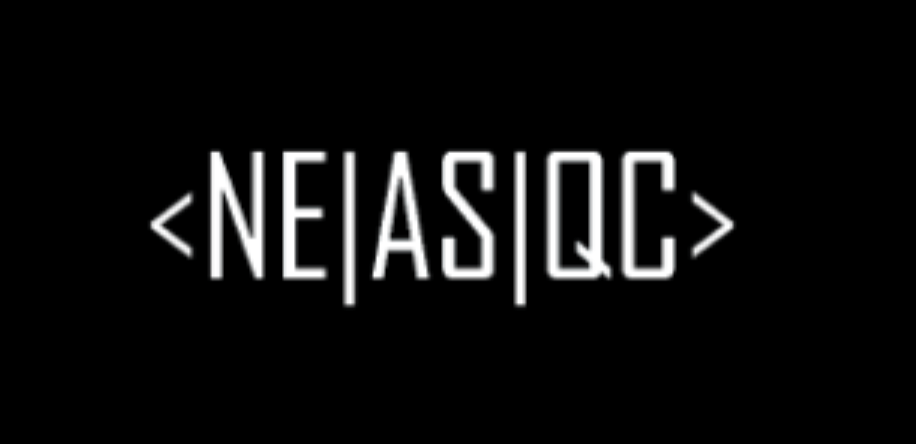The NEASQC project will be delving into many NISQ-compatible industrial and financial use-cases and develop now open-source NISQ programming libraries for said use cases to allow new users to experiment with quantum computing.
The NExt ApplicationS of Quantum Computing (NEASQC) project will unite a group of academic and industry experts from fields such as quantum computing, high-performance computing, AI, chemistry, and energy management. The project aims to show that though million-qubit fault-tolerant quantum computing is still very far away, practical use cases for NISQ (Noisy Intermediate-State Quantum) devices exist. These are also available soon. NISQ computing has many advantages that can level the playing field, especially for industrial users.
9 NISQ-compatible cases were chosen by the NEASQC consortium to be used to develop new quantum software techniques that can solve these cases with a practical quantum advantage.
‘The ultimate ambition of NEASQC is to encourage European user communities to investigate NISQ quantum computing. For this purpose, the project consortium will define and make available a complete and common toolset that new industrial actors can use to start their own practical investigation and share their results.’
Cyril Allouche, Fellow, VP, Head of the Atos Quantum R&D Program at Atos, and coordinator of the NEASQC project.

The NEASQC consortium has a second goal, which is to build the incredibly necessary bridge between quantum computing hardware activities, with the focus between those of the European Quantum Flagship and end users. Much more than classical IT, NISQ computing needs a tight-knit relationship between hardware teams and software users. The project’s endeavours to develop new NISQ machines will be strongly influenced by their research in the 9 use cases. Ultimately, this will be a very valuable contribution to the fledgeling quantum hardware industry.
Twelve organisations from 8 European countries make up the NEASQC consortium, and Atos is coordinating. Set to last for 4 years, the budget is €4.67 million, and this amount was funded by the European Commission under the Horizon 2020 programme. The launch on October 5 was an online meeting that saw representatives gather virtually.
NEASQC objectives
- Develop 9 industrial and financial use cases with a practical quantum advantage for NISQ machines.
- Develop open-source NISQ programming libraries for industrial use cases, with a view to facilitate quantum computing experimentation for new users.
- Build and share knowledge with a strong user community dedicated to industrial NISQ applications.
- Develop software stacks and benchmarks for the Quantum Technology Flagship
The consortium includes the following members:

- Atos, the European number one in High Performance Computing and initiator of the first quantum computing industry program in Europe (coordinator, France)
- AstraZeneca AB, the global, science-led biopharmaceutical company (Sweden)
- CESGA (Fundación Publica Gallega Centro Tecnológico de Supercomputación de Galicia), a major Spanish public HPC centre (Spain)
- Electricité de France (EDF), the world’s leading electricity company and global leader in low-carbon energies (France)
- HQS Quantum Simulations GmbH, an SME – spinoff of the Karlsruhe Institute of Technology – that develops software for quantum mechanical material simulations (Germany)
- HSBC Bank Plc, one of the world’s largest banking and financial services organisations (United Kingdom)
- Irish Centre for High-End Computing (ICHEC), the national HPC centre in Ireland
- Leiden University, through its Leiden Institute of Advanced Computer Science that owns a renowned expertise in quantum computing algorithmics, quantum machine learning and high-performance computing (Netherlands)
- TILDE SIA, an SME that is a European leader in language technology (Latvia)
- TOTAL S.E., the broad energy company (France)
- Universidade da Coruña – CITIC (Centre for Information and Communications Technology Research), a unique research centre which promotes the advancement and excellence in R&D&I in the use of ICTs (Spain)
- Université de Lorraine, through the LORIA lab (Lorraine Research Laboratory in Computer Science and its Applications, a research unit common to CNRS, Université de Lorraine and Inria) (France)

